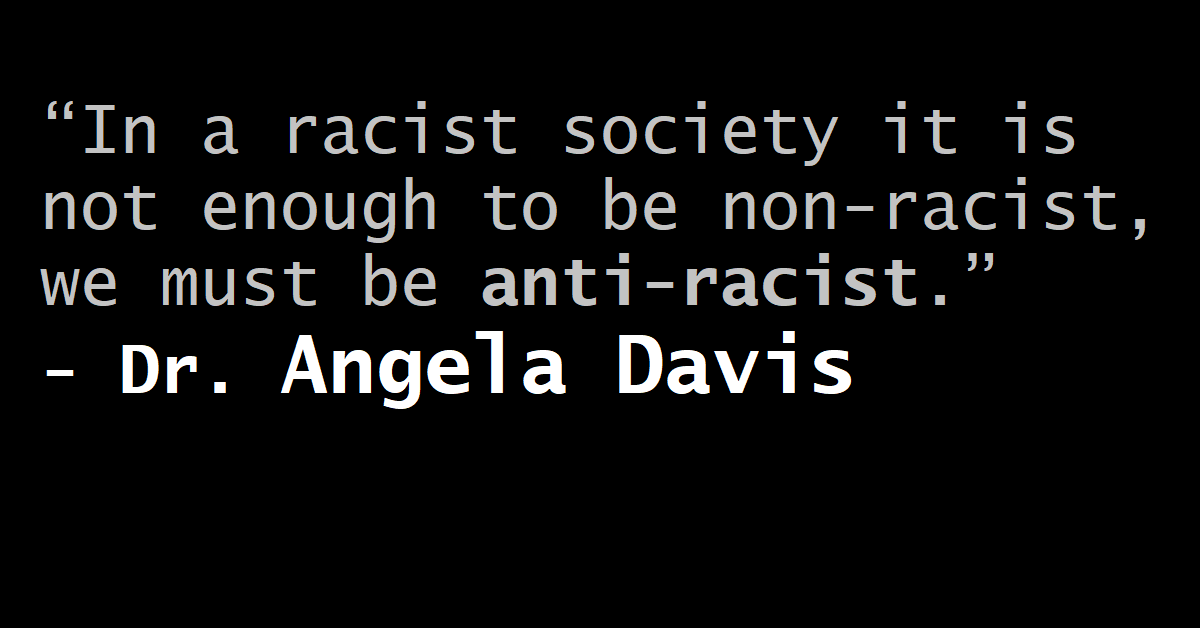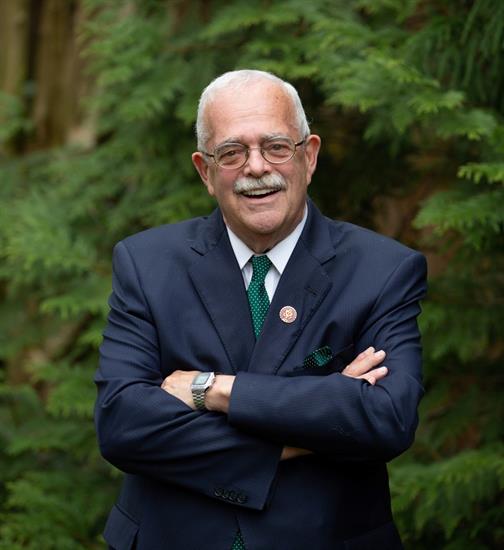Editorial: We need more anti-racist media
As Dr. Angela Davis famously said, “In a racist society it is not enough to be non-racist, we must be anti-racist.”
The PW Perspective is the only anti-racist news publication in Northern Virginia. Out of dozens that publish online or in print, we are the only one that is willing to proudly proclaim that we are anti-racist.
But what does it mean? Anti-racism includes policies, strategies, practices, beliefs, and actions that not only are not racist but also actively oppose racism. The idea of anti-racism stems from the fact that being “not racist” is still complicit with racism. Here at the PW Perspective, we cover stories that mean more to people of color in communities that are often left behind.
Racism is so ingrained in systems in our commonwealth and country that it would be impossible to remove. The reality is that almost every system in this country was built to oppress Black people, and the media is not an exception to that rule.
The media often detracts from the murder of Black men at the hands of police officers by dredging up flaws or unrelated past mistakes that can be used as excuses to justify their killing. A perfect example of this was how stories surfaced after Ahmaud Aubrey was killed in February, and the discussion was centered around his apparent walking around an empty home prior to the shooting. They often use words and phrases like “thug” or “they were no angel”. Meanwhile, when a white man such as Dylan Roof or Jared Loughner commits a mass shooting or murders his family, they use testimonies that say they were “quiet” or “a loner” or “a real family man”. The media furthers an already racist narrative and actively and purposefully influences how the general public perceives people based on race.
And it doesn’t end there. The media has always been quick to vilify and weaponize Black leaders. Nowadays, the media points to Dr. Martin Luther King Jr. and tells Black people that he did it right, but during the Civil Rights Movement, the media was quick to denounce King. The reality is that it does not matter how Black people protest or fight for their rights; there will always be something wrong with it as long as the media says there is or amplifies the voices of those who do. Even during the current Black Lives Matter protests, the narrative from some outlets concentrate more on the looters than the actual cause of the protests to begin with.
Too often, the media publishes stories that say we protest in the wrong places and at the wrong times, but that argument isn’t new. It was used in an article by the New York Times editorial board in 1967 titled “Dr. King’s Error”. In their article, they discouraged King for speaking where he shouldn’t, saying, “The battlegrounds in this struggle are Chicago and Harlem and Watts.”
It doesn’t matter where or when or how we speak, they will find something wrong with it. Even when it comes to local newspapers, writers use heavily racialized language that distorts and manipulates the narrative.
If we are to move past any of this and start to undo the damage of the past four centuries, we need to start with more anti-racist research, writing, and action. And that must start with the media ceasing negative coverage of every protest, every petition, every leader every speech, and every single thing that Black people do to get one step closer to what’s right.
Every writer has a duty when they pick up their pen, not to the publication they write for, but to the people. Rather than writing race-baiting headlines and using inflammatory language, it is the responsibility of the media to write the truth and fight systemic inequalities.



